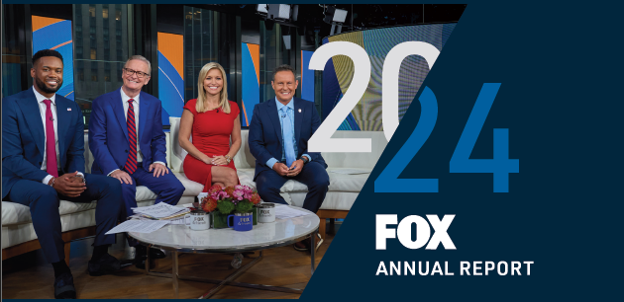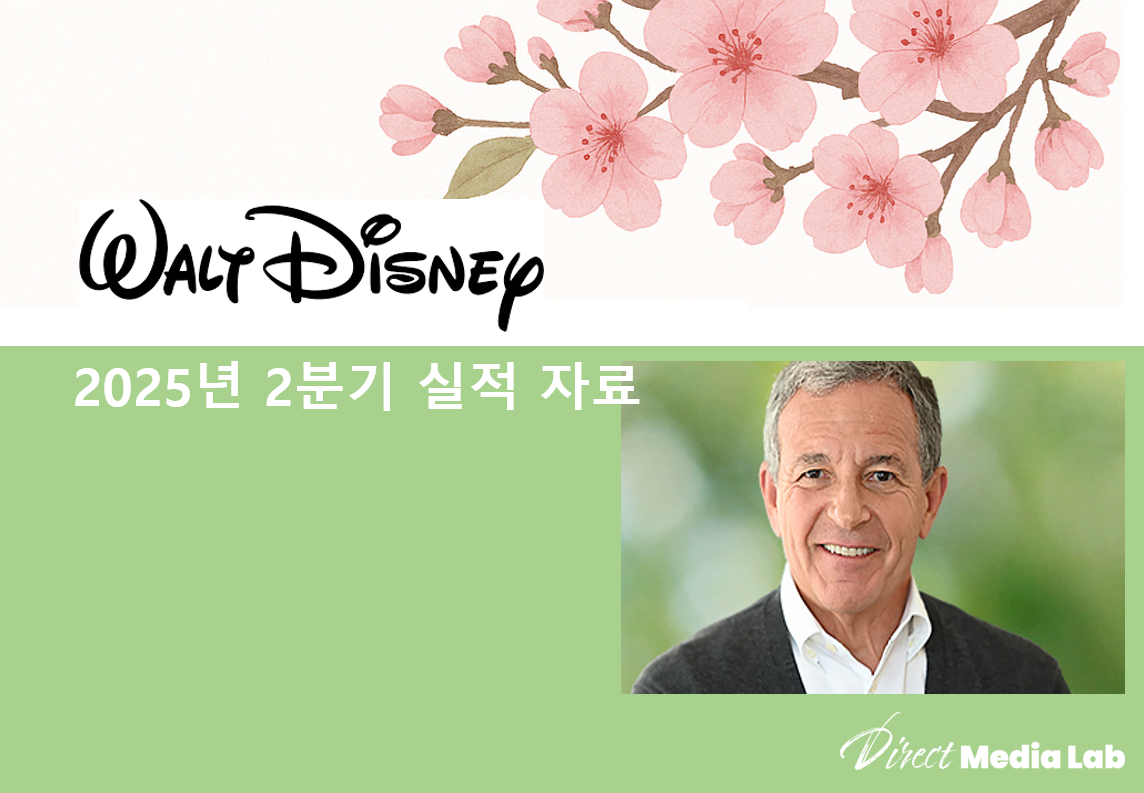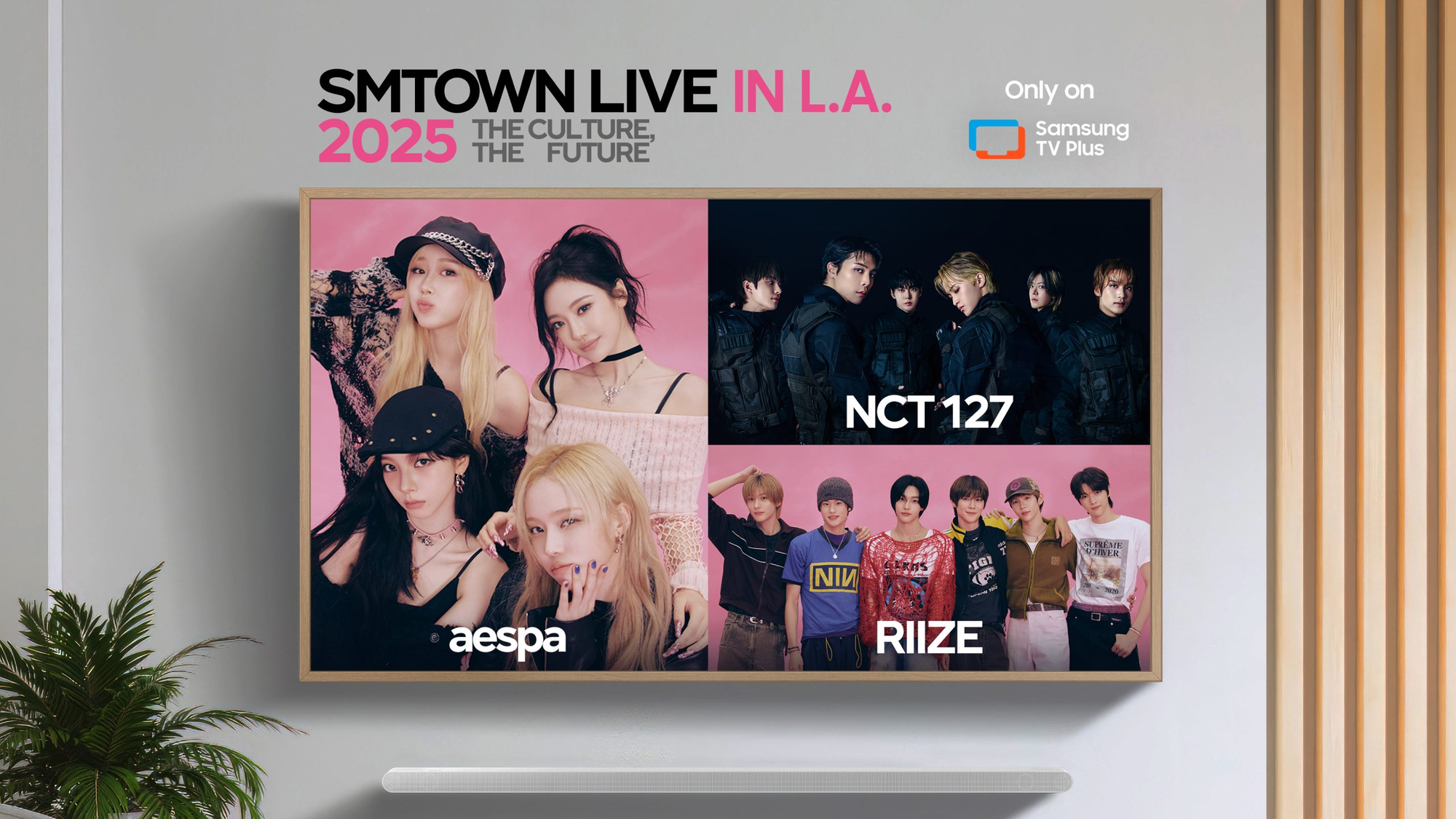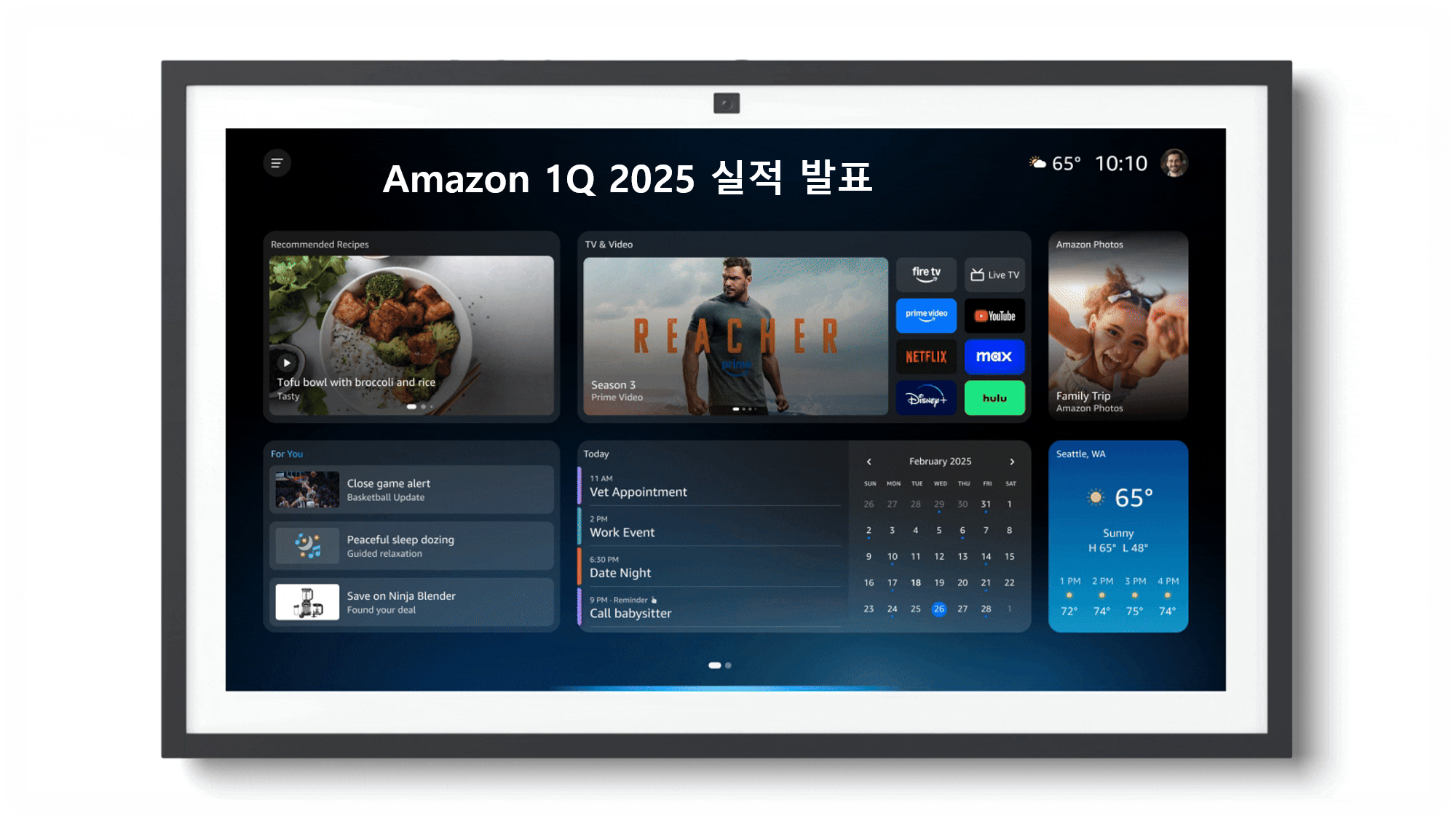Samseog Ko
(Distinguished Professor, School of AI Convergence, Dongguk University, and former Commissioner of KCC (Korea Communications Commission))
The issue of fake news has reemerged as a hot topic in the political sphere, social sphere, and even technology fields. It is being actively discussed not only in Korea but also in other countries and international organizations. This is because elections, the "flower of democracy," are being held around the world, and "real-looking fake news" created by exploiting advanced artificial intelligence (AI) technology is pouring in.
In 2024, 4 billion voters will cast ballots in 50 countries around the world. It's safe to say that no country is immune to the effects of fake news, as even authoritarian countries hold elections. Elections aside, fake news in the political space is a problem in both democratic and authoritarian countries. The West and East are not so different. As "self-regulation" against fake news loses steam in many countries, global big tech companies are as concerned as governments.
At the Munich Security Conference (MSC) in Munich, Germany, more than 20 global big tech companies, including Google, Meta, Amazon, Tiktok, OpenAI, and others, signed an agreement to work together to prevent AI-generated fake news from being used in elections and disrupting elections.
According to the agreement, titled "Tech Accord to Combat Deceptive Use of AI in 2024 Elections," the companies will work together to develop technologies to minimize the risks of election-related AI-generated content.
Among other things, the companies agreed to develop technologies to watermark or label content so that users can identify it as AI-generated, develop technologies that can determine whether content is AI-generated, and work together to assess the risks of each company's AI models under development and provide information and education to users.
However, as the text of the Munich Agreement makes clear, it is not a binding agreement, but rather a "symbolic agreement" and a self-regulatory declaration. The big tech companies that signed the agreement did not commit to banning or eliminating deep fake content, as they recognize that it is either impossible or not in their best interest to do so, given the evolutionary trends in technology.
Indeed, Nick Clegg, President of global affairs of Meta, acknowledged the difficulty of regulating the production, distribution, and use of deep fake fake news, saying, "We all recognize that no company, government, or civil society organization can cope with the emergence of AI and its potentially malicious uses on their own."
Vera Jourava, Vice-President of the European Commission, praised the agreement, saying it "cannot be comprehensive (enough to solve all the problems), but it contains very influential and positive elements" and warned that "AI-generated disinformation could spell the end of democracy, not only for EU member states, but also for democracies".

At home, the regulation of fake news is a "hot potato" and a long-standing problem with no easy solution.
The so-called "Minerva case" during the Lee Myung-bak administration, in which the government attempted to punish internet commentators for "spreading falsehoods on the internet for the purpose of harming the public interest (violation of Article 47, Paragraph 1 of ENFORCEMENT DECREE OF THE FRAMEWORK ACT ON TELECOMMUNICATIONS)," sparked social controversy over the regulation of fake news online.
During the Park Geun-hye administration, the government continued to take measures against rumors and false and manipulated information, which constitute fake news. Former President Park Geun-hye even ordered a "rumor crackdown" at a meeting of top secretaries. Park's stance on cracking down on rumors became more strident after the Sewol ferry disaster on April 16, 2014.
On April 21 of that year, in a speech to the Blue House Chief Secretaries' Council, which discussed measures to deal with the Sewol ferry disaster, Park said, "There are many rumors and rumors on social media and the internet," and ordered a strong response, saying, "We must track down the epicenter of these lies and rumors to the end and hold them accountable for their actions." Years later, Park was impeached over the "state farm scandal," which she denied was fake news.
What about the Moon Jae-in administration.
On October 8, 2018, President Moon Jae-in received a report on the "Comprehensive Inter-ministerial Plan to Eradicate Fake News" at a cabinet meeting and ordered strong measures, saying, "False and manipulated information is not an area that should be protected.
President Moon did not accept the Korea Communications Commission's report on countering fake news, which included legal regulation, self-regulation of the industry, and promotion of media literacy among users. Instead, he ordered measures that would have a strong and immediate effect rather than mid- to long-term measures.
Under the Moon administration, the issue of regulating fake news was published in October 2018 at a cabinet meeting that attracted media attention.
However, discussions within the government began in earnest much earlier, in early 2018. The internal debate within the ruling circles was fiercely contested for quite some time, with advocates of relying on industry self-regulation to combat fake news while ensuring freedom of speech (the self-regulatory school) clashing with advocates of strong administrative regulation through a broad interpretation of the law (the hardline school).
In the end, the 'hardline regulators' won. President Moon Jae-in supported them. As a result, the presidential secretariat, rather than the Korea Communications Commission, took the lead in countering fake news. The presidential secretary directly led legislation such as the introduction of a "punitive damages system" for falsely manipulated information in consultation with the ruling Democratic Party, and the self-regulation theory lost ground.
Progressive media civic organizations said that "media policy other than countering fake news is missing in the Moon administration." However, in the 2022 presidential election, the Moon administration and the Democratic Party of Korea failed to regain power.
Under the previous government, fake news was a thorn in the side of the government's neck, making it very uncomfortable, and sometimes even legitimate criticism was labeled as fake news and suppressed. To this end, various administrative and legislative measures have been used to regulate fake news, but the government's attempts to regulate fake news have been unsuccessful.
As a result, it has failed. In the run-up to the April parliamentary elections, fake news regulation has become as important an issue in South Korean politics as people's livelihoods. The Yoon Seok-yeol administration, which has recently accelerated its efforts to regulate fake news, has learned from previous governments' attempts to regulate fake news, and here are some tips to avoid repeating the same mistakes. Please keep an open mind.
First, the government, even if it is a law enforcement agency, should not be the sole arbiter of what constitutes fake news, especially not through arbitrary regulation using executive power. The most controversial aspect of regulating fake news is defining the scope of fake news, i.e., defining the concept.
Through fierce debates, the conceptual definition of fake news has found a common denominator to some extent. Focusing on the legislative bills submitted by the ruling and opposition parties to the National Assembly, fake news is defined as false information that is ▲ intentionally distorted or falsified for political or economic gain, ▲ disguised as a media report. However, in recent years, fake news has exploded and expanded in quantity and quality, and even if it does not take the form of a media report, it is defined as fake news or fabricated information if it meets the aforementioned conditions. Of course, legislators should be very cautious about expanding the scope of fake news. The principle of minimal regulation is correct.
Despite years of social and political debate through different governments, legislation on fake news has not progressed. With each change of government, the ruling and opposition parties have changed their positions, either in favor of regulating fake news or against it. This is either political incompetence or dereliction of duty. The 22nd National Assembly, which will be formed after the general election, should finalize a political agreement, i.e., legislation, based on a social compromise on the regulation of fake news, even if it is difficult now before the general election. The government should strictly enforce the law within its scope.
Second, it should not ignore trends in advanced technological developments such as AI or take a one-size-fits-all approach to regulation. In January, the National Election Commission banned campaigns using AI-based deep-fake sounds, images, and videos ahead of the April 2024 parliamentary elections. The NEC issued an operational standard stating, "No one may produce, edit, distribute, screen, or post deep-fake videos for election campaigns from 90 days before the election date to the election date." According to this operational standard, deep-fake videos previously posted on the Internet must be deleted 90 days before the election date.
However, the Election Commission did not include the results of programs that require manual manipulation, such as Photoshop or Paint, in the ban. Nevertheless, the blanket ban has not been without controversy over the use of advanced technology in elections and the clarity of AI technology standards. This is why a blanket ban on election campaigns because of deep-fake videos is criticized as a "too simplistic approach" that ignores technological advances.
Third, fake news regulations should not be used to control citizens' access to the internet or suppress their freedom of expression. Nor should it stifle citizens' desire to engage in politics through the creation and distribution of diverse political content.
A number of studies on the relationship between the internet and political participation have shown that the flood of information in online spaces can have negative effects, such as increasing political apathy and polarization. In addition, recommendation algorithms on YouTube and other platforms reinforce confirmation bias through fake news, which fuels extreme political and ideological confrontations between factions. Nevertheless, political and administrative regulation of internet space should be minimized.
The internet is a powerful tool for political participation and a place for democratic learning and public debate, so it is important to ensure that it operates on the basis of self-regulation by its users. While strictly regulating deviant behavior, such as the production and distribution of fake news, through legislation, governments should elaborate policies to encourage political participation and revitalize social forums.
Fourth, an effective way to regulate fake news online is to enable fact checking. Of course, there is some evidence from Japan that some people who believe online fake news intentionally avoid fact-checking, even when it corrects the facts. Nonetheless, verifying the authenticity of news and providing objective fact-checking standards is the most powerful countermeasure against fake news.
Angie Holan, director of the International Fact-Checking Network (IFCN), who was nominated for the 2021 Nobel Peace Prize for her work in countering disinformation, told a Korean media outlet, "Governments need to play a role in reducing disinformation on the internet and social media. But it's important for independent people like fact-checkers to do the work (of debunking misinformation) because free speech shouldn't be restricted by misinformation."
In 2023, the South Korean government suspended support for fact-checking platforms, citing political bias. However, the Korea Communications Commission, the country's fake news regulator, decided to resume support for fact-checking platforms in 2024 to "lay the foundation for countering fake news that spreads online and threatens social safety."
Regardless of the reason or background, the government's resumption of support for the fact-checking business is a good thing. However, the government should be very careful in selecting and operating fact-checking companies to avoid another bias or political abuse controversy.
Finally, we should encourage self-regulatory efforts by the tech industry and not abandon fundamental, mid- to long-term measures such as improving media literacy among citizens. The Munich Convention's call for global big tech companies to act together to combat AI-enabled fake news is only one of many requirements. It is not a sufficient condition to stop the production and spread of fake news.
Nevertheless, given that social media platforms such as Google (YouTube), Meta (Facebook and Instagram), and TikTok are the main platforms for the distribution and consumption of fake news, their faithful implementation of the Munich Convention will have a significant effect. Self-regulation by big tech companies will also minimize unnecessary government intervention and interference in their activities, as well as the controversy over bias in the regulation of fake news.
The most fundamental prescription for countering fake news is to improve the media literacy of media users. Media training should make sure that users are aware that the production and distribution of fake news is a crime, or at the very least a breach of ethics that destroys communities. Equipping people with the ability to recognize fake news (critical interpretation) so that they can counteract it on their own is one of the most effective interventions. To this end, the government should provide adequate budgetary support for the Audiovisual Media Foundation, which is responsible for the access and use of media by users, as well as the Audiovisual Media Centers established in local governments.
Fake news is the "greatest enemy of democracy" because it fosters internal conflict and division within communities and destroys the democratic public forum. Fake news has no value that should be protected by law. Nevertheless, we reiterate that the exercise of public power should be done with great caution and restraint, as the government's indiscriminate exercise of regulatory power can have a chilling effect on users, restricting their freedom of expression.

[특별기고] 가짜뉴스 ‘규제’는 왜 실패하는가?
고삼석(동국대 AI융합대학 석좌교수·전 방통위 상임위원)
가짜뉴스(Fake news) 문제가 정치권은 물론, 사회 영역, 심지어 테크놀로지 (Tech) 분야에서 핫이슈로 다시 부상하고 있다. 국내뿐만 아니라 해외 각국, 그리고 국제기구에서도 활발하게 논의되고 있다. ‘민주주의의 꽃’이라는 선거가 전 세계적으로 치러지는 가운데 첨단 인공지능(AI) 기술을 악용하여 만들어진 ‘진짜 같은 가짜뉴스’가 쏟아져나오고 있기 때문이다.
2024년 한 해 동안 전 세계 50개 국가에서 40억명의 유권자가 투표에 참여한다고 한다. 권위주의 국가에서도 선거가 치러지는 만큼 가짜뉴스의 영향으로부터 자유로운 나라는 없다고 해도 과언은 아니다. 선거는 차치하더라도 정치 공간에서 가짜뉴스로 인해 골머리를 앓는 것은 민주주의 국가나 권위주의 국가나 ‘동병상련’이다. 서양과 동양이 크게 다르지 않다. 여러 국가에서 가짜뉴스에 대한 ‘자율규제론’이 힘을 잃으면서 정부만큼이나 글로벌 빅테크 기업들의 고민도 깊다.
지난 16일(현지 시간) 독일 뮌헨에서 열린 안보회의(MSC, Munich Security Conference)에서 Google, Meta, Amazon, Tiktok, OpenAI 등 20여개 글로벌 빅테크 기업들은 AI를 이용해 만든 가짜뉴스가 선거에 악용되거나, 선거를 방해하는 것을 막기 위해 공동 대응한다는 내용의 협정문에 서명했다.
‘선거에서 AI의 기만적 활용을 방지하기 위한 기술 협정(Tech Accord to Combat Deceptive Use of AI in 2024 Elections)’이란 제목의 협정문에 따르면, 글로벌 빅테크 기업들은 선거 관련 AI 생성 콘텐츠의 위험성을 최소화하기 위한 기술을 개발하는데 서로 협력하기로 했다.
대표적으로 이용자들이 AI로 만든 콘텐츠임을 알아볼 수 있도록 워터마크(Watermark)를 넣거나 라벨을 붙이는 기술 개발, AI로 만든 콘텐츠 여부를 판별할 수 있는 기술을 개발하기로 했다. 또 개발 중인 각 사 AI 모델의 위험성을 평가하거나 이용자 대상 정보공개 및 교육 지원도 함께 하기로 의견을 모았다.
그러나 협정문에서도 확인할 수 있듯이 이번 뮌헨협정은 강제력있는 합의가 아니라 일종의 ‘상징적 합의’이자, 자율 규제 선언이다. 협정문에 서명한 빅테크 기업들은 딥페이크 콘텐츠를 금지하거나 제거하겠다고 약속하지는 않았다. 그것은 이들 기업들이 딥페이크 콘텐츠를 근절하는 것이 불가능한 일이거나 기술의 진보 트렌드 또는 기업의 이익에 부합하지 않는 일이라고 인식하고 있기 때문이다.
실제 메타 닉 클레그(Nick Clegg) 글로벌 담당 사장은 “어떤 기업, 정부, 시민단체도 AI의 출현과 그로 인해 발생할 수 있는 악의적인 사용에 스스로 대처할 수 없다는 점을 모두 인식하고 있다”는 말로 딥페이크를 활용한 가짜뉴스 생산과 유통, 이용을 규제하는 일이 결코 쉽지 않다는 점을 고백하였다.
베라 요우로바(Vera Jourava) EU집행위원회 부위원장은 이번 협정문 도출에 대해 “(이번 합의가 모든 문제를 해결할 정도로 충분히) 포괄적일 수는 없지만 매우 영향력있고 긍정적인 요소를 포함하고 있다”고 평가하는 한편, “AI로 만든 허위정보가 EU회원국뿐 아니라 민주주의의 종말을 가져올 수도 있다”고 경고했다.
국내에서도 가짜뉴스 규제는 ‘뜨거운 감자’이자, 해법 마련이 쉽지 않은 오래된 골칫거리이다.
지금은 헌법재판소의 위헌 판정으로 사라졌지만, ‘공익을 해칠 목적으로 인터넷에 허위사실을 유포한 혐의(전기통신기본법 제47조 제1항 위반, Article 47, Paragraph 1 of ENFORCEMENT DECREE OF THE FRAMEWORK ACT ON TELECOMMUNICATIONS)’로 정부가 인터넷 논객의 처벌을 시도한 이명박정부 당시 소위 ‘미네르바 사건’은 온라인 상의 가짜뉴스 규제를 둘러싼 사회적 논란을 촉발시켰다.
박근혜정부 때도 가짜뉴스에 해당하는 유언비어, 허위조작정보에 대한 정부 차원의 대책은 꾸준히 나왔다. 박근혜 전 대통령은 수석비서관회의에서 직접 ‘유언비어 단속’을 주문하기도 했다. 박 대통령의 유언비어 단속 발언은 2014년 4월 16일 ‘세월호 참사’ 이후 한층 강경해졌다.
박 전 대통령은 같은 해 4월 21일 세월호 참사 대책을 논의한 청와대 수석비서관회의 모두발언에서 "지금 SNS와 인터넷을 통해 온갖 유언비어와 루머가 많다"면서 "이런 거짓말과 유언비어의 진원지를 끝까지 추적해서 그들의 행동에 대해 책임을 지도록 해야 할 것"이라며 강력한 대응을 지시했다. 몇 년 후 박근혜 대통령은 가짜뉴스라고 부인했던 ‘국정농단사건’으로 인해 탄핵되었다.

문재인 정부는 어떠했는가? 문재인 대통령은 2018년 10월 8일 국무회의에서 ‘가짜뉴스 근절을 위한 범부처 종합대책’을 보고 받고 “허위조작정보는 보호받아야 할 영역이 아니다”라며 강력한 대책을 주문하였다.
문재인 대통령은 당시 방송통신위원회가 보고한 ▲법에 근거한 규제와 ▲업계의 자율 규제, 그리고 ▲이용자 미디어 리터러시 증진 등을 골자로 하는 가짜뉴스 대책을 수용하지 않았다. 대신 중장기 대책보다는 규제 일변도의 강력하고 즉각적인 효과를 발생시키는 대책을 주문했다.
문재인정부에서 가짜뉴스 규제 이슈는 2018년 10월 국무회의를 계기로 언론의 이목을 집중시키면서 공론화되었다. 그러나 정부 내에서의 논의는 이보다 훨씬 빠른 2018년 연초부터 본격 시작되었다. 이 당시 집권 세력 내부 논쟁은 언론의 자유를 보장하면서 업계의 자율 규제를 중심으로 가짜뉴스에 대응하자는 주장(자율 규제론)과 법률을 폭넓게 해석하여 강력하게 행정 규제를 해야 한다는 주장(강경 규제론)이 첨예하게 충돌하면서 상당 기간 진행되었다.
결과는 ‘강경 규제론’이 완승했다. 문재인 대통령이 그들의 손을 들어줬기 때문이다. 그로 인해 문재인정부의 가짜뉴스 대책은 주무기관인 방송통신위원회보다는 대통령비서실이 주도권을 행사했다. 대통령비서실이 직접 여당(민주당)과의 협의를 통해 허위조작정보에 대한 ‘징벌적 손해배상제’ 도입과 같은 입법을 주도했고, 자율규제론은 설 자리를 잃었다.
진보적인 언론시민단체들이 “문재인정부에서 가짜뉴스 대책 이외에 미디어 정책은 실종되었다”고 평가할 만큼 가짜뉴스 규제에 모든 역량을 집중했다. 그러나 2022년 대통령선거에서 문재인정부와 민주당은 정권 재창출에 실패했다.
역대 정부에서 가짜뉴스는 ‘목에 걸린 가시’처럼 권력을 매우 불편하게 만드는 존재였다. 때로는 정당한 비판도 가짜뉴스로 규정하고 억압하였다. 이를 위해 다양한 행정 및 입법 규제 수단을 동원했지만, 정부에 의한 가짜뉴스 규제는 성과를 거두지 못했다. 결과적으로 실패했다. 4월 국회의원 선거를 앞두고 가짜뉴스 규제가 민생만큼 중요한 현안으로 다뤄지고 있는 것이 한국 정치의 현실이다. 최근 가짜뉴스 규제에 속도를 내고 있는 윤석열정부가 역대 정부의 가짜뉴스 규제 시도를 ‘반면교사’ 삼아서 같은 실수를 되풀이하지 않도록 몇 가지 조언을 하고자 한다. 열린 마음으로 참고하기 바란다.
첫째, 정부가 법 집행의 주체라고 하더라도 가짜뉴스 여부를 판단하는 주체가 되어서는 안되고, 특히 행정력을 동원한 자의적인 규제를 해서는 안된다. 가짜뉴스 규제와 관련하여 현재 가장 논란이 되는 것은 가짜뉴스의 범위를 규정하는 일, 즉 개념을 정의하는 일이다.
그 동안 치열한 논쟁을 통해 가짜뉴스에 대한 개념 정의는 어느 정도 공통 분모를 찾아가고 있다. 여·야가 국회에 제출한 입법안을 중심으로 살펴보면, 가짜뉴스는 ▲정치·경제적 이익을 목적으로, ▲의도적으로 왜곡 혹은 날조하고, ▲언론 보도의 형태를 가장한 거짓 정보로 정의할 수 있다. 그러나 최근에는 가짜뉴스가 양적·질적으로 폭증 및 확장하면서 언론 보도 형태를 띠지 않더라도 앞서 설명한 일정한 조건을 충족한 콘텐츠라면 가짜뉴스 혹은 허위조작정보로 정의하고 있다. 물론 입법과정에서 가짜뉴스의 범위를 확장하는 것은 매우 신중해야 한다. 최소 규제의 원칙이 맞다.
여러 정권을 거친 수 년 간의 사회적·정치적 논란에도 불구하고 가짜뉴스와 관련된 입법은 진전이 없다. 정권교체로 여야 간 위치가 바뀔 때마다 여야는 가짜뉴스 규제 찬성과 반대를 오가며 입장을 수시로 바꿨다. 이것은 정치권의 무능이거나 직무유기이다. 총선을 앞둔 지금은 어렵다고 하더라도 총선 이후 구성될 제22대 국회는 가짜뉴스 관련 규제에 대한 사회적 타협을 전제로 정치적 합의, 즉 입법을 마무리해야 한다. 정부는 그 범위 내에서 법을 엄격하게 집행해야 한다.
둘째, AI와 같은 첨단 기술발전의 트렌드를 무시하거나 규제 일변도로 접근해서는 안된다. 지난 1월 중앙선거관리위원회는 2024년 4월 국회의원 총선거를 앞두고 AI 기반 딥페이크 음향, 이미지, 영상을 이용한 선거운동을 전면 금지했다. 선관위는 “누구든지 선거일 전 90일부터 선거일까지 선거운동을 위하여 딥페이크 영상 등을 제작·편집·유포·상영·게시할 수 없다”는 운용 기준을 발표하였다. 이 운용 기준에 따라서 기존에 인터넷상 게시된 딥페이크 영상 등은 선거일 전 90일 전까지 삭제하도록 하였다.
다만, 선관위는 포토샵이나 그림판처럼 사용자가 직접 조작을 해야 하는 프로그램을 이용한 결과물은 금지 대상에 포함시키지 않았다. 그렇더라도 포괄적 금지로 인한 첨단 기술의 선거 이용 원천 봉쇄, 인공지능 기술 기준의 명확성을 놓고 논란이 없는 것은 아니다. 딥페이크 영상 등이 문제가 된다고 선거 운동 이용에 원천적으로 금지하는 것은 기술의 발전을 도외시한 “너무 단순한 접근”이라는 비판이 나오는 이유다.
셋째, 가짜뉴스 규제를 빌미로 시민들의 인터넷 이용을 통제하거나 인터넷을 활용한 표현의 자유를 억압해서는 안된다. 다양한 정치 관련 콘텐츠 제작과 유통을 통해 정치에 참여하려는 시민들의 욕구를 억제해서도 안된다.
인터넷과 정치참여의 관계를 연구한 다수의 논문들을 보면, 온라인 공간에서 정보의 홍수로 인해 오히려 정치적 무관심이 증가하거나 양극화가 심화되는 등 부작용도 적지 않다. 또한 유튜브 등에서 작동하는 추천 알고리즘은 가짜뉴스를 통한 확증편향을 강화하여 진영 간 극단적인 정치적·이념적 대립을 조장한다. 그렇더라도 인터넷 공간에 대한 정치적·행정적 규제는 최소화하는 것이 바람직하다.
인터넷 공간은 정치참여의 유력한 수단이자 민주적 학습과 공론의 장인 만큼 이용자들의 자율 규제를 근간으로 작동되도록 보장하는 것이 맞다. 인터넷 공간에서 가짜뉴스 생산과 유통 등 일탈 행위는 입법을 전제로 엄격하게 규제하되 정치참여는 장려하고, 사회적 공론장이 활성화될 수 있도록 정부는 정책을 정교하게 추진해야 한다.
넷째, 온라인상의 가짜뉴스를 규제하는 효율적인 방법은 바로 팩트체크(Fact Check) 기능을 활성화하는 것이다. 물론 온라인상의 가짜뉴스를 그대로 믿는 사람들 중 일부는 사실을 바로잡는 팩트체크에도 불구하고 이를 의도적으로 피하는 경향이 있다는 일본의 연구결과도 있다. 그럼에도 불구하고 뉴스의 진위 여부를 검증하고, 객관적인 팩트 판단 기준을 제시해 주는 일은 가장 강력한 가짜뉴스 대응책이 될 것이다.
허위정보 대응 노력을 인정받아 2021년 노벨평화상 후보에 오른 국제팩트체크네트워크(IFCN)의 앤지 홀란(Angie Holan) 디렉터는 국내 한 언론사와의 인터뷰에서 “인터넷과 SNS에서 떠도는 허위정보를 줄이기 위해서는 정부의 역할도 필요하다. 그러나 허위정보로 인해 자유로운 발언들까지 제한받는 일이 없어야 하기 때문에 팩트체커와 같은 독립적인 사람들이 (허위정보를 가리는 일을) 하는 것이 옳다”고 강조했다.
2023년 한국 정부는 정치적 편향성을 이유로 팩트체크 플랫폼에 대한 각종 지원을 중단했다. 그런데 가짜뉴스 규제기관인 방송통신위원회는 “온라인을 타고 확산되어 사회 안전을 위협하는 가짜뉴스에 대한 대응 기반을 마련”한다는 명분으로 중단되었던 팩트체크 플랫폼 사업을 2024년부터 재개하기로 했다.
정부가 제시한 명분이나 배경과 별개로 팩트체크 사업 지원을 재개한 것은 일단 잘한 일로 평가할만하다. 다만 팩트체크 사업 수행 사업자 선정 및 운영과 관련하여 또 다른 편향성 문제나 정치적 악용 논란이 발생하지 않도록 정부는 각별하게 조심하여야 할 것이다.
마지막으로 테크업계의 자율 규제 노력을 권장하고, 시민들의 미디어 이용역량(Media Literacy) 증진과 같은 근본적이고 중장기적인 대응책을 포기해서는 안된다. 글로벌 빅테크 기업들이 AI를 악용한 가짜뉴스 근절을 위해 공동 대응한다는 뮌헨협약은 여러 필요조건 중 하나에 불과하다. 가짜뉴스의 생산과 확산을 막기 위한 충분조건은 아니다.
그럼에도 불구하고 구글(유튜브)이나 메타(페이스북·인스타그램), 틱톡 같은 소셜미디어 플랫폼이 가짜뉴스 유통과 소비의 주된 플랫폼이라는 점을 고려할 때 이들이 뮌헨협약을 충실히 이행한다면 적지 않은 효과를 거둘 수 있을 것으로 기대한다. 또한 빅테크 기업들이 자율 규제를 이행한다면 기업 활동에 대한 정부의 불필요한 개입과 간섭, 그리고 가짜뉴스 규제를 둘러싼 편향성 논란도 최소화할 수 있을 것이다.
가짜뉴스 대책 가운데 가장 근본적인 처방은 미디어 이용자들의 미디어 이용역량을 증진하는 것이다. 미디어 교육을 통해 가짜뉴스 생산과 유통이 범죄 혹은 최소한 공동체를 파괴하는 윤리 위반 행위라는 점을 이용자들에게 확실하게 인식시켜 주어야 한다. 또한 가짜뉴스를 판별할 수 있는 능력(비판적 해석)을 길러주어서 인터넷상에서 범람하고 있는 가짜뉴스에 스스로 대응하도록 하는 것은 효과가 확실한 근본 요법 중 하나이다. 이를 위해 이용자들의 미디어 접근 및 이용을 책임지고 있는 시청자미디어재단을 비롯하여 광역지자체별로 설치되어 있는 시청자미디어센터가 제대로 역할을 할 수 있도록 정부는 충분한 예산 지원을 해야 할 것이다.
공동체 내부 갈등과 분열을 조장하고, 민주적 공론장을 파괴하는 가짜뉴스는 ‘민주주의 최대의 적’이다. 가짜뉴스는 법으로 보호할 어떠한 가치도 없다. 그렇다 하더라도 정부가 무소불위의 규제 권한을 행사하는 것은 이용자들에 대한 ‘위축 효과’에 따른 표현의 자유 제약 등 다양한 부작용을 발생시키는 만큼 공권력의 행사는 매우 신중하고 절제되어야 한다는 점을 재차 당부한다.





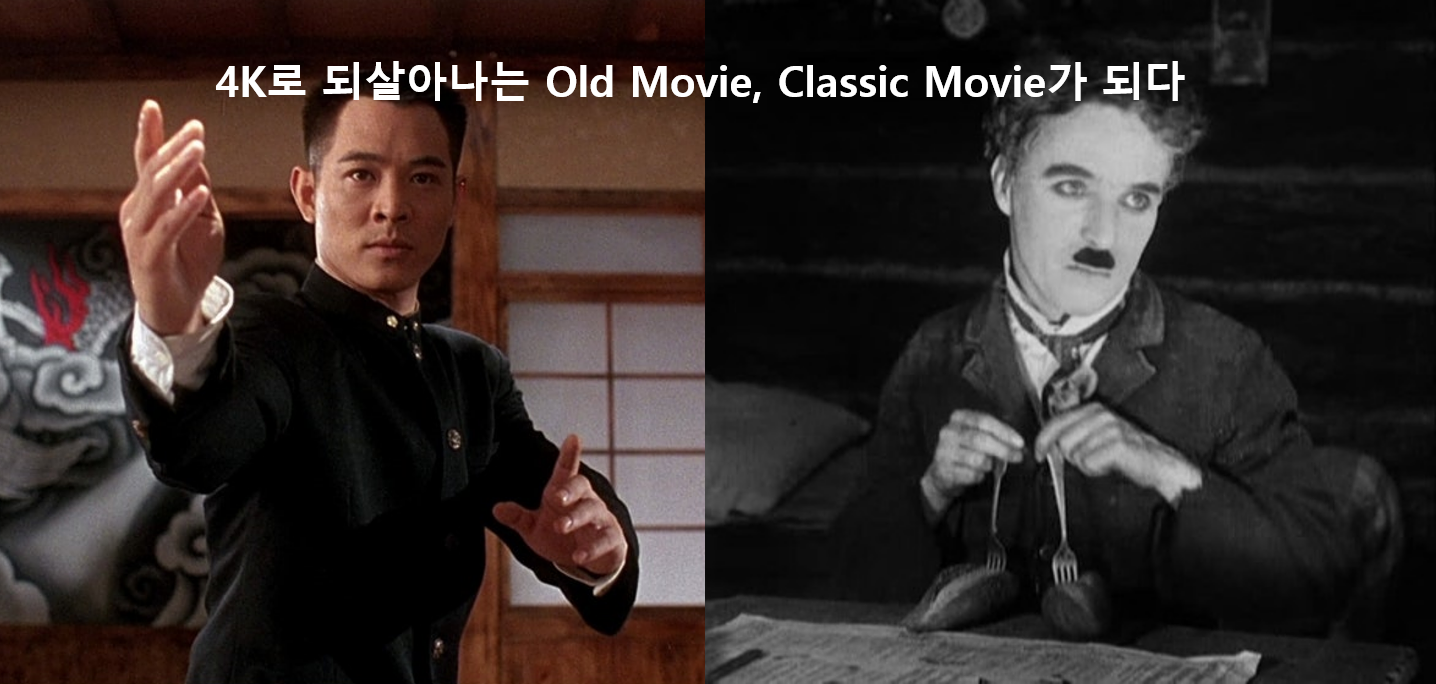
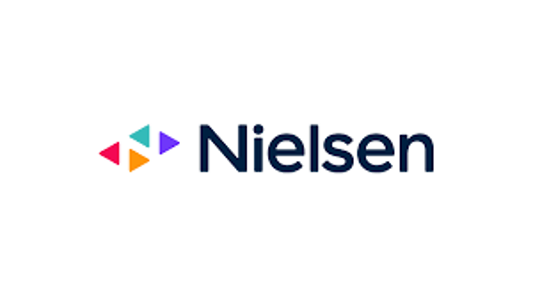
![[프리미엄 리포트] 미국 케이블TV 2025, 변화와 미래 전략](https://storage.googleapis.com/cdn.media.bluedot.so/bluedot.directmedialab/2025/05/vj931j_202505270106.png)
